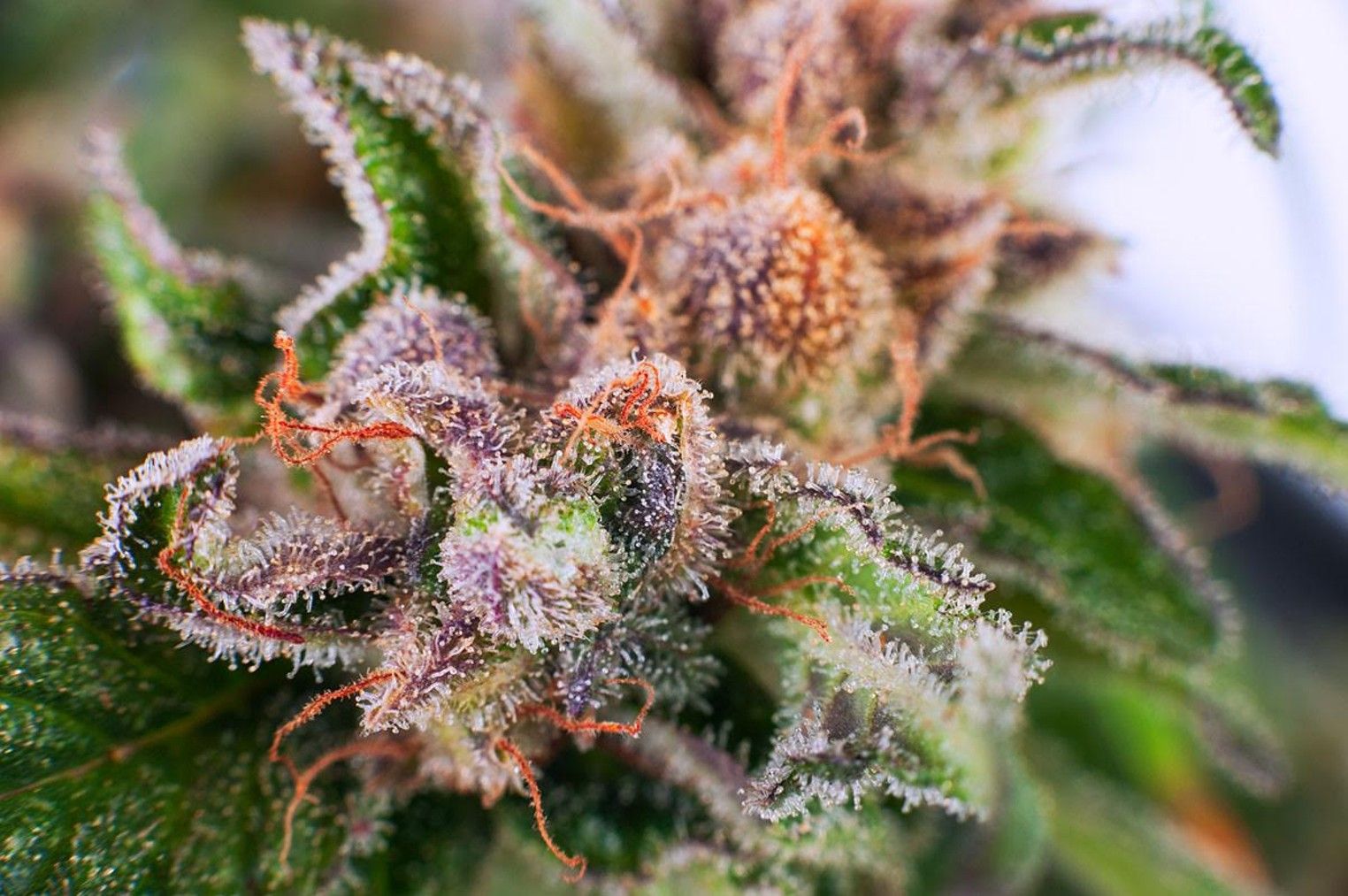Arizona Marijuana Opponents Release Five Misleading Attack Ads Ahead Of Legalization Vote Next Week
A campaign opposing a marijuana legalization initiative in Arizona recently released a series of ads imploring voters to reject the proposal.
The digital spots—which range from 16 to 42 seconds in length—argue that cannabis reform would negatively impact young people, increase impaired driving and create workplace risks. In doing so, they make misleading claims about what the proposed Arizona law would allow and what has occurred in other states that have already enacted legalization.
“When Washington State legalized marijuana, I wasn’t too concerned. What began happening with students, however, was alarming. Marijuana possession increased. We maintained a zero drug policy in our district, and parents and students became confused when students were disciplined for possession of marijuana. Suspensions increased and students lost valuable classroom time. If I could give one piece of advice from this Democrat, school principal from Washington to my new Arizona neighbors vote ‘no’ on 207. It won’t provide the support needed to deal with the problems this law will create. Vote ‘no’ on Prop. 207.”
Actually, a study published last year by the federal Centers for Disease Control and Prevention found that youth marijuana use declined in Washington State’s largest metropolitan county after legalization. Other research has reached similar conclusions
“Marijuana use damages the developing brain of teenagers. Unfortunately, where marijuana is legal for adults, more teens get it and use it. Under Prop. 207, marijuana-laced candies, cookies and vape pens—all very appealing to teens—are not only legal but marijuana marketers can advertise them on TV, radio and social media, a teen favorite. Vote ‘no’ on Prop. 207.”
The Arizona initiative states that any advertising “involving direct, individualized communication or dialogue shall use a method of age affirmation is twenty-one years of age or older before engaging in that communication or dialogue.”
“Police pull over the driver next to you for swerving, but there’s no standard of impairment. It’s 2021, and using marijuana is legal right under Prop. 207. There’s no roadside test to gauge marijuana impairment, so they let it go. Nearly 70 percent of marijuana users in Colorado admit to driving stoned. Their traffic deaths doubled after legalization. Keep stoned drivers off Arizona roads. Vote ‘no’ on Prop. 207.”
The Arizona initiative explicitly states that it “does not allow driving, flying or boating while impaired by marijuana to even the slightest degree.”
“When you drop your child off at daycare, you expect the caregiver to be sober. Under Prop. 207, employers can only prohibit using marijuana at work. There’s nothing stopping employees from using and then heading to the daycare or elderly care facility or the worksite. Prop 207. ties the hands of employers who want to keep a drug-free workplace. Vote ‘no’ on Prop. 207.”
The Arizona initiative says it “does not restrict the rights of employers to maintain a drug- and alcohol-free workplace or affect the ability of employers to have workplace policies restricting the use of marijuana by employees or prospective employees.” It also “does not restrict the rights of employers, schools, day care centers, adult day care facilities, health care facilities or corrections facilities to prohibit or regulate conduct otherwise allowed by this chapter when such conduct occurs on or in their properties.”
Despite the questionable ad splurge from Arizonans for Health and Public Safety, convincing enough people to vote against the legalization proposal will be a steep task days out from the election, recent polling suggests.
A firm that’s been consistently tracking where residents stand on candidates and ballot questions found that 55 percent of likely voters favor Proposition 207 in a survey released earlier this month. A separate, recent survey showed 56 percent support among registered voters.
Both of those results are largely consistent with an internal poll Smart and Safe Arizona, the campaign behind the initiative, shared with Marijuana Moment last month.
These survey results represent promising signals to reform advocates that Arizona is ready to enact legalization, unlike in 2016 when voters rejected a similar proposal.
Democratic U.S. Senate candidate Mark Kelly also indicated this month that he is inclined to back the legal cannabis measure.
If the Arizona measure is approved by voters, adults could possess up to an ounce of marijuana at a time and cultivate up to six plants for personal use.
The measure also contains several restorative justice provisions such as allowing individuals with prior cannabis convictions to petition the courts for expungements and establishing a social equity ownership program
Cannabis sales would be taxed at 16 percent. Tax revenue would cover implementation costs and then would be divided among funds for community colleges, infrastructure, a justice reinvestment and public services such as police and firefighters.
The Department of Health Services would be responsible for regulating the program and issuing cannabis business licenses. It would also be tasked with deciding on whether to expand the program to allow for delivery services.
To view the ads, follow title link.






